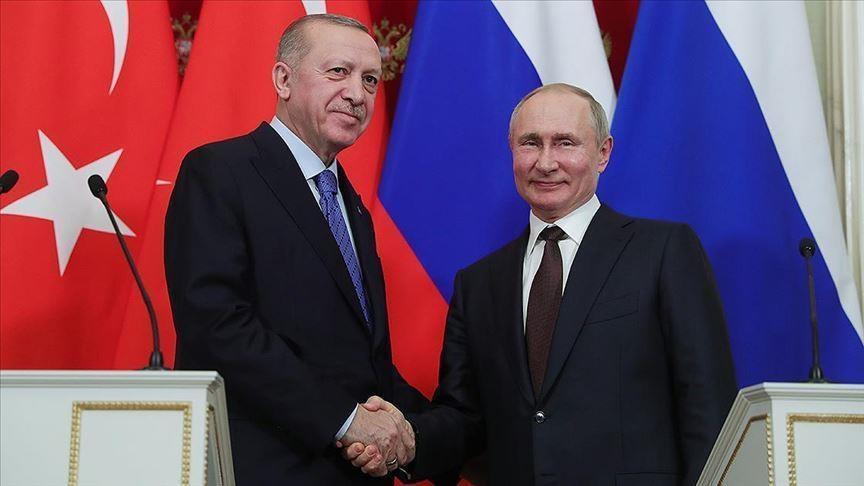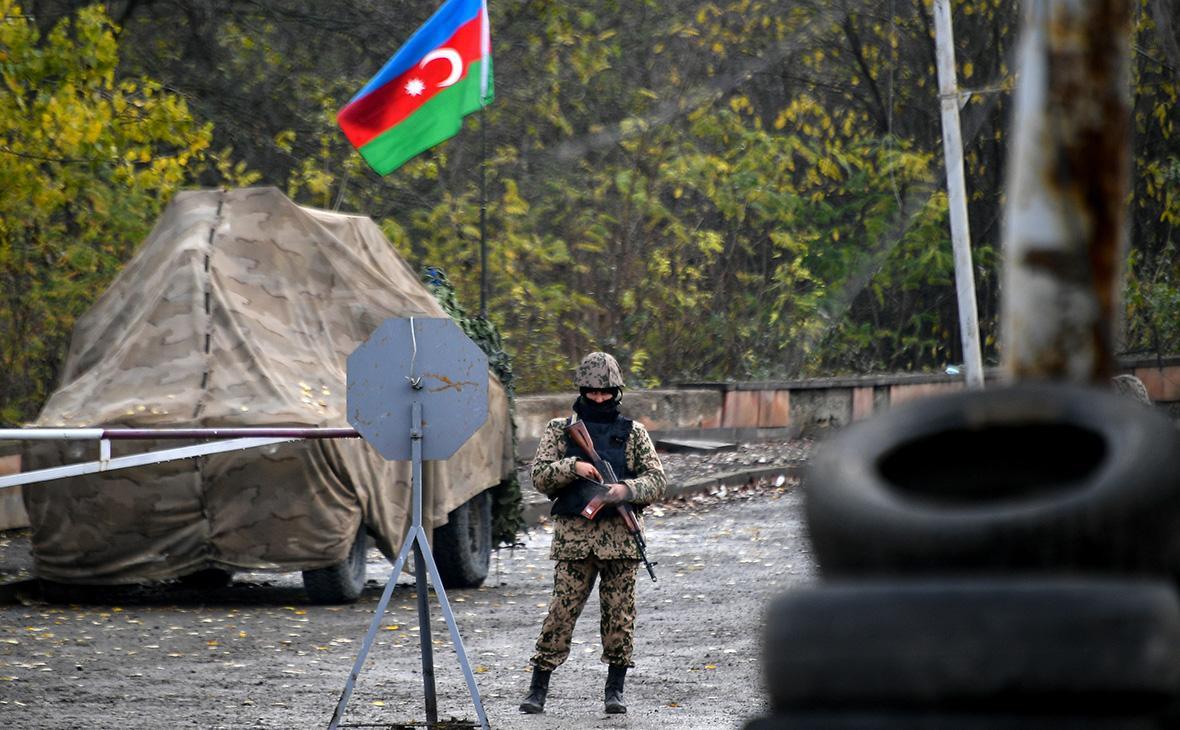Expert: Azerbaijan to benefit from the thriving of Turkish-Russian relations Alexey Naumov in touch with Caliber.Az
Caliber.Az presents an interview with Alexey Naumov, a leading expert of the Russian Council on International Affairs.
- As you know, Russia and Türkiye are negotiating the opening of the Zangazur corridor. Do you think the parties will be able to agree on this issue, which is fundamentally important for Azerbaijan and the entire region?
- The opening of the Zangazur corridor is certainly the main issue, the solution which we are waiting for, and the statements voiced from Moscow in this regard are quite optimistic. Indeed, the parties can agree in the near future. Moreover, this is facilitated not only by the launched settlement process in accordance with the trilateral agreements of November 9/10, 2020, but also by the overall atmosphere of relations between Russia and Türkiye, which have significantly intensified. The four-hour talks between Erdogan and Putin in Sochi confirmed that the parties interacted on a wide range of issues, and this was evident from the final statements. Accordingly, there are two positive points that I would like to highlight. Firstly, it is the implementation of trilateral agreements, and secondly, the significance of the Turkish vector for Russian foreign policy. On the other hand, the opening of the Zangazur corridor is important not only for Azerbaijan but also for Türkiye, which wants to triple the annual trade turnover with Azerbaijan - up to $ 15 billion.
So all the factors are now in favor of the opening of the Zangazur corridor in the near future and the beginning of an important stage in the implementation of the trilateral agreements.

- How do you assess the current stage of Russian-Turkish relations and their prospects?
- I have always advocated the active development of Russian-Turkish relations and, in fact, an attentive reader knows that my theory is that the multipolar world, the onset of which we are all waiting for, is built on the interaction of separate independent, sovereign and autonomous states. That is, the hypothesis accepted in some circles of post-imperial Russian theories that an ally or partner is a dependent state in a weaker position, as I see it, has no historical perspective. Obviously, in an emerging multipolar world, we imply the existence of several centers of power that resolve issues of bilateral relations or the regional agenda on the basis of mutual interests and without the participation of external actors like large states. Therefore, the mutual interest of Moscow and Ankara is obvious. Russia needs new foreign policy vectors and new partners to replace Europe and the United States, while Türkiye is in a difficult economic situation. So, active interaction with Russia will allow President Erdogan to smooth out the negative situation in the Turkish economy. Hence, the current period of Russian-Turkish relations can be considered a silver age, the beneficiary of which will be Azerbaijan as a country close to Türkiye, having allied relations with Russia and in general with the two states.
- What changes may the settlement of conflicts in the Middle East, particularly in Syria, as well as the emerging coordination between the leaders of Iran, Türkiye, and Russia on the results of the recent Tehran meeting bring to the global and regional agenda?
- The meeting of the leaders of Russia, Iran, and Türkiye is primarily important for Syria. I think we will see a Turkish military operation on Syrian territory against the Kurdistan Workers' Party, but it will all be coordinated with Russia and Iran, which are two of President Bashar al-Assad's active supporters. That is, a compromise on Syria will be found and will include meeting Türkiye's security requirements and, accordingly, the interests of Moscow and Tehran as the two most active supporters of the Syrian government. So I would consider this fact, including the manifestation of a multipolar world, a good development for international politics in general. We see that it is possible to make decisions without looking back to Washington.
- According to your observations, why does Iran continue to support Armenia?
- After the events of November 2020, after the strengthening of Azerbaijan, Iran feels that its position in the region is somewhat weakening. So it is looking for ways to maintain its foreign policy renown and its foreign policy strength, and one of those vectors is support for Armenia. We have just discussed the possible increase in trade between Türkiye and Azerbaijan after the opening of the Zangazur corridor, i.e. we talked about the strengthening of the Turkic factor in the South Caucasus. So I think that Tehran is trying to counteract in a natural way, to put the weight on the other side of the scales. I think this is a sober political calculation, logical in a sense, but hardly justified, because Iran is in a difficult foreign policy situation and further increasing its antagonism with the countries of the region is unlikely to benefit it.

- What political processes do you forecast in the South Caucasus in the foreseeable future?
- The main process we are waiting for now is the implementation of the items of the trilateral statement, curtailment of the Russian peacekeeping contingent, and Karabakh's transfer under the full control of the Azerbaijani authorities. However, we understand that all this will lead to further consequences. First, there will be an increased confrontation between the Turkic world and the Iranian world, because I do not think that Iran will be delighted with the further strengthening of Azerbaijan and Türkiye. Accordingly, it will undertake some attempts, like the ones it undertakes with Armenia. But the outcome of this largely depends on the results of the nuclear deal, which could make Tehran much stronger if Western sanctions are lifted and economic activity is resumed, and so on. Because right now, if the situation remains as it is, and Karabakh completely returns to Azerbaijan's control, Iran will have no chance to confront the Turkic bloc. If the sanctions are lifted, the situation will not be so simple.
Next, with regard to Georgia, another country in the South Caucasus. The disappointment in European hopes may lead it to search for new ways to actualize its own position in the region and in the world. Now there is a decent influx of emigrants from Russia in Georgia, which, obviously, will lead to the activation of the IT sphere and the development of new areas of activity in general. Therefore, it will be interesting to see how all these perturbations will affect Georgia.
In general, these processes can be implemented in the South Caucasus in the foreseeable future.








